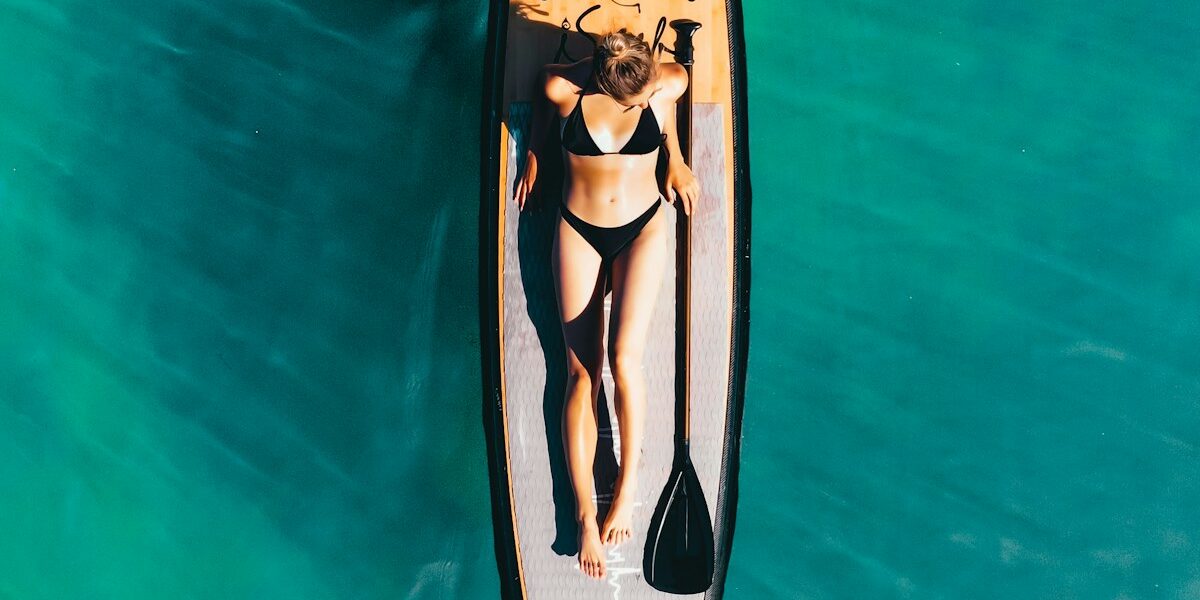Finding Used Canoes for Sale Near You
Exploring the market for used canoes can be an exciting adventure. Whether you’r


Exploring the market for used canoes can be an exciting adventure. Whether you’r
